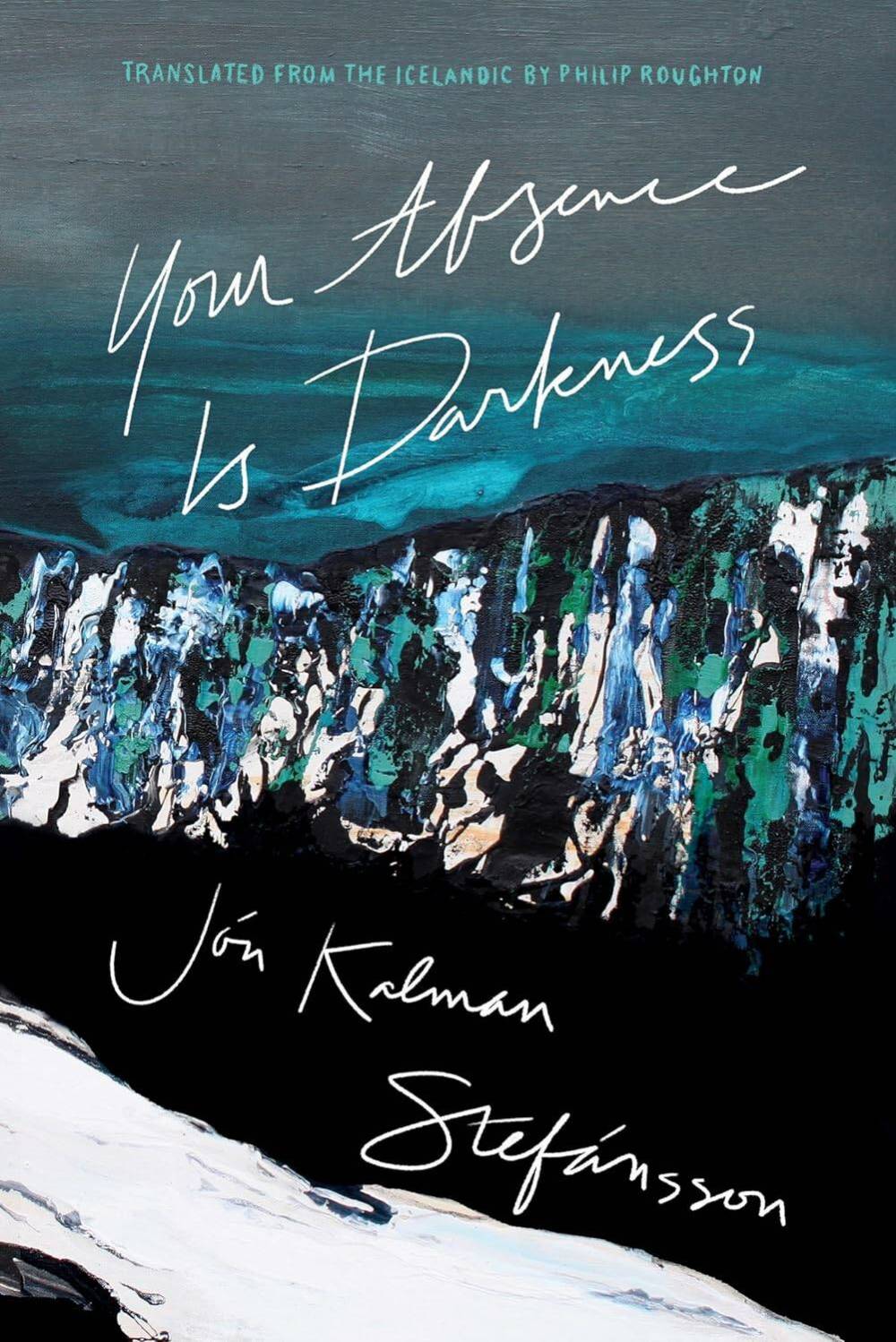Passions permeate messy Icelanders
Advertisement
Read this article for free:
or
Already have an account? Log in here »
To continue reading, please subscribe:
Monthly Digital Subscription
$0 for the first 4 weeks*
- Enjoy unlimited reading on winnipegfreepress.com
- Read the E-Edition, our digital replica newspaper
- Access News Break, our award-winning app
- Play interactive puzzles
*No charge for 4 weeks then price increases to the regular rate of $19.00 plus GST every four weeks. Offer available to new and qualified returning subscribers only. Cancel any time.
Monthly Digital Subscription
$4.75/week*
- Enjoy unlimited reading on winnipegfreepress.com
- Read the E-Edition, our digital replica newspaper
- Access News Break, our award-winning app
- Play interactive puzzles
*Billed as $19 plus GST every four weeks. Cancel any time.
To continue reading, please subscribe:
Add Free Press access to your Brandon Sun subscription for only an additional
$1 for the first 4 weeks*
*Your next subscription payment will increase by $1.00 and you will be charged $16.99 plus GST for four weeks. After four weeks, your payment will increase to $23.99 plus GST every four weeks.
Read unlimited articles for free today:
or
Already have an account? Log in here »
Hey there, time traveller!
This article was published 09/03/2024 (603 days ago), so information in it may no longer be current.
We’re often advised to follow our hearts, but in Jón Kalman Stefánsson’s new novel Your Absence is Darkness, that just complicates things for everyone. So it’s best not to expect a neat, tidy ending.
In an often-circular narrative, the award-winning Icelandic author interweaves multigenerational stories often set in the country’s north and west. Stefánsson’s amnesiac narrator becomes aware of himself — and a mysterious stranger who follows him — in a church near Oddi, in whose graveyard many of the characters are buried.
The mystery of the narrator’s identity (and that of the stranger — priest, motor coach driver, or more likely Death itself) takes a back seat to family history spanning 120 years. Who is Eiríkur, lately returned from France, now protective of dogs and facing arrest for having fired a shotgun at a truck driving dangerously along the highway?

Your Absence is Darkness
Or, more than a century earlier, who is uneducated farm housewife Guðríður, whose essay on the role of earthworms attracts the respect of the local nature magazine — and the fascination of a married priest on the editorial board?
What role is played by Eiríkur’s uncle Palli — a gentle giant of a man who, after he catches his loving girlfriend, a widow, joyfully having sex with another man, leaves them to it without a word, but not before rolling the cuckolder’s car over with his prodigious strength?
Through it all, characters who dare to follow “the magnetic needle of the heart” find their actions have unintended consequences for themselves and their families.
Passion drives Stefánsson’s characters to follow the compass of something — whether the heart or some other organ — resulting more often than not in infidelity and heartbreak. They grapple with risking stability to find greater happiness.
Sometimes, such as for Eiríkur’s father Halldór, it’s neither; despite joy in his son, he never gets over ending the affair with Eiríkur’s mother and estrangement yawns between father and son.
As the decades churn, characters meet their tragic, or ironic, ends; from misadventure (choking on one’s own vomit), disease (the tuberculosis outbreak that hit Iceland in the 1930s; a surprise cancer diagnosis) or even a possibly accidental suicide (thanks to a faulty table leg).
Despite the dizzying number of characters and timelines and a sometimes disorienting disregard for demarcating dialogue, Stefánsson’s prose puts us right in the characters’ thoughts, feelings and sensations — and sometimes, it seems, each other’s. Guðríður, whose husband Gísli is clearly jealous of Pétur’s interest in his wife, is acutely aware in one scene: “Why did [Gísli] put his hand there, she thinks, and in that way… he could easily strangle me, rushes through Pétur’s mind.”
Stefánsson isn’t afraid to let his characters be messy, having to live with their mistakes and strive for happiness. He also isn’t afraid to leave some characters’ stories incomplete — though the major players each get thorough endings, tying them to the earliest storyline.
As the narrator observes, the heart’s needle set the whole story in motion. “Unless it was the magnetic needle of fate — few are capable of making the distinction.”
It’s a satisfying novel that rewards a second reading — once you’ve gotten to know everybody.
David Jón Fuller is a Winnipeg writer and copy editor who lived for two years in Iceland.

Our newsroom depends on a growing audience of readers to power our journalism. If you are not a paid reader, please consider becoming a subscriber.
Our newsroom depends on its audience of readers to power our journalism. Thank you for your support.
History
Updated on Monday, March 11, 2024 12:50 PM CDT: Fixes headline


